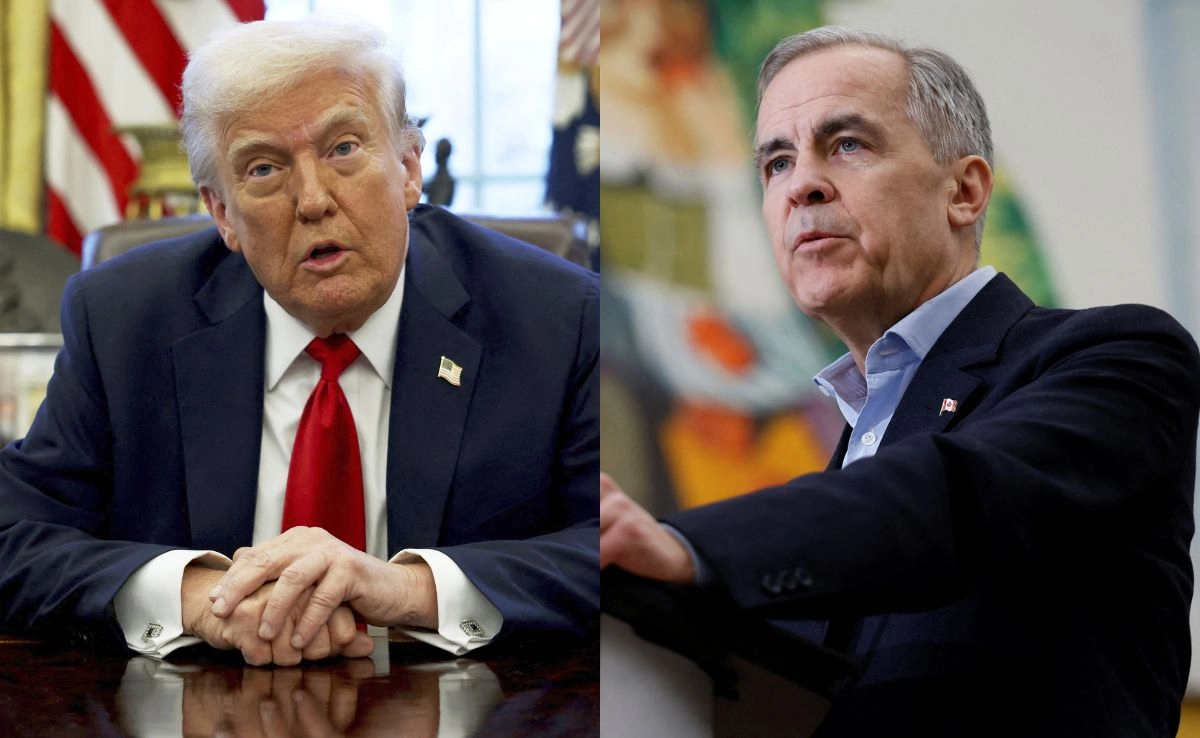Canadian Prime Minister Mark Carney recently declared that the longstanding relationship between Canada and the United States has undergone a significant transformation. He emphasized that the dynamics that once defined this partnership have changed, suggesting the previous era of cooperation and mutual understanding is now in the past. Carney’s remarks resonate with a broader sentiment in international relations, reflecting the shifting geopolitical landscape and the evolving priorities of both nations.
In his statements, Carney pointed to a range of factors contributing to this shift, including economic changes, social movements, and new global challenges that both countries face together. The interdependence that once characterized the bilateral relationship is now being reassessed in light of contemporary issues such as climate change, trade policies, and security threats. This reevaluation could foster a new phase of cooperation, one that is more aligned with the current realities and aspirations of both nations.
Carney’s acknowledgment of this change is significant, as it invites a reevaluation of Canada’s foreign policy and its strategies for engaging with the U.S. Going forward, Canada may need to adopt a more assertive stance in negotiations and collaborations, ensuring that its interests are effectively represented in an increasingly competitive and fragmented global environment. This evolution in the Canada-U.S. relationship may also lead to new partnerships with other countries, as Canada seeks to diversify its international alliances and strengthen its position on the world stage.
Ultimately, while the end of the “old relationship” might bring challenges, it also presents opportunities for Canada to redefine its role in North America and beyond. The emphasis now lies on forging a new path that acknowledges past lessons while being adaptable to future demands. Carney’s insights signal a pivotal moment in Canadian diplomacy, encouraging a fresh approach that prioritizes resilience and innovation in international relations.




